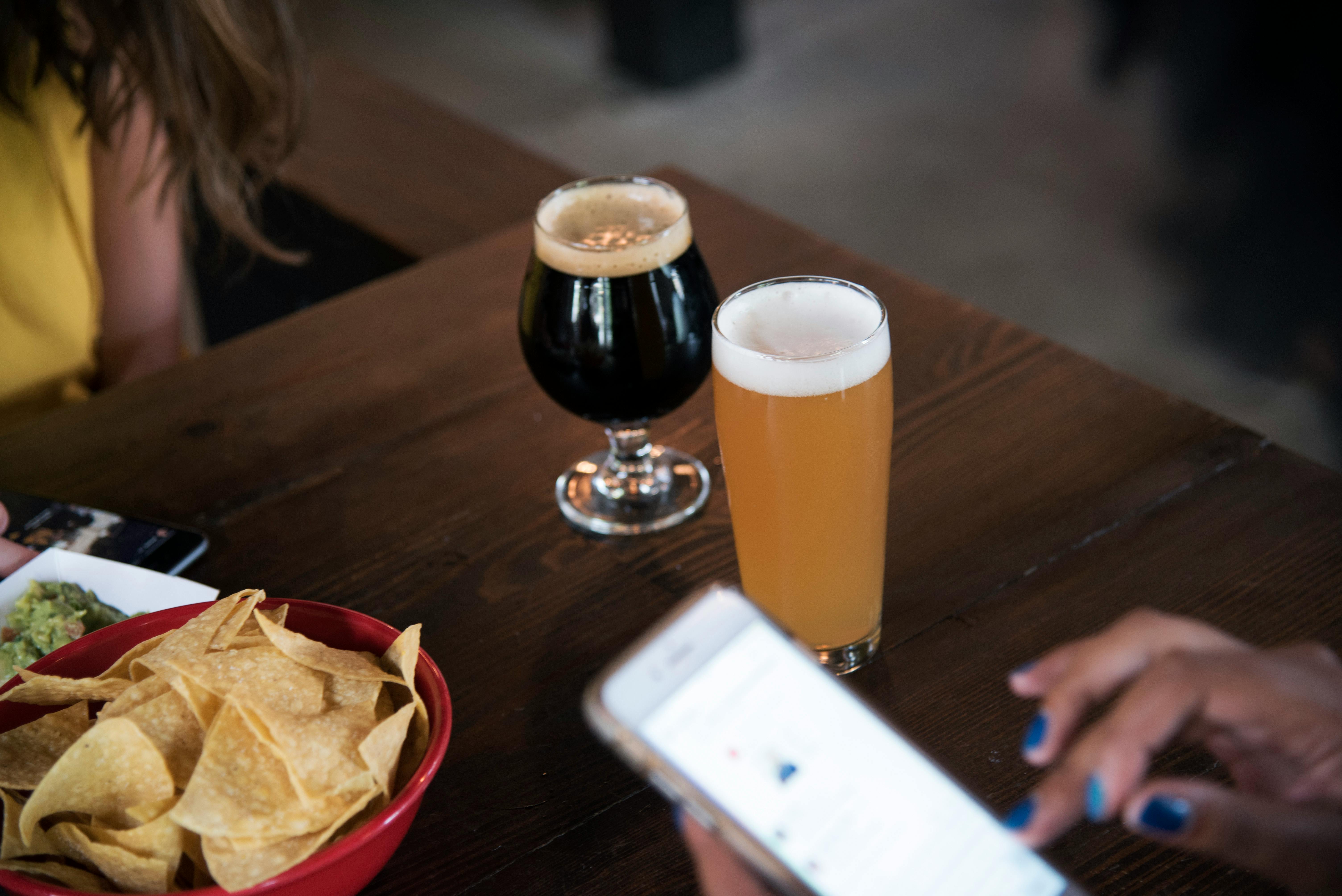Smart Ways to Enjoy Fish in 2025: Nutrition Tips for Friends
As we embrace 2025, understanding the importance of fish not only as a source of nutrition but also as a significant part of our social fabric is essential. Friends gather around meals, sharing dishes that incorporate healthy options like fish. This article dives into the nutrition tips surrounding fish while also reflecting on the broader implications of friendship, marine life, and our relationship with the ocean. By examining the dietary benefits of fish and their ecological significance, we can nurture friendships that honor both our health and the environment.
In understanding the art of enjoying fish, we acknowledge the wisdom of participating in sustainable fishing practices. Additionally, exploring how fish thrive within their underwater friendships leads us to appreciate the intricacies of aquatic ecosystems and the delicate balance they maintain. This journey aims to enhance our social interactions while fostering environmental awareness. We will also touch upon friendship lessons derived from the marine world, emphasizing empathy, cooperation, and respect for nature.
Let's embark on this exploration of delicious fish recipes, emerging trends in fish consumption, and how embracing these aspects can benefit our friendships and the planet.
Understanding Fish Nutrition for Healthy Friendships
Building healthy relationships often starts with shared meals, and what better way to promote well-being than by enjoying nutritious fish dishes with friends? Fish are rich in essential nutrients, including omega-3 fatty acids, protein, and a variety of vitamins and minerals. For 2025, it's crucial to emphasize the role of fish in our diets—not just for personal health but as a means to bring friends closer together.
The Nutritional Power of Various Fish Species
Different fish species provide diverse nutritional benefits. For instance, oily fish like salmon and mackerel are excellent sources of omega-3 fatty acids, which are known to support heart health and cognitive function. Meanwhile, lean fish such as cod and tilapia offer an equally valuable protein boost with lower fat content. Choosing a variety of fish encourages a balanced intake of nutrients while exposing you and your friends to different flavors and textures.
Innovative Cooking Techniques to Share with Friends
Cooking fish can be both an art and a science, and experimenting with different techniques can be a fun way to engage with friends. Whether it's grilling, baking, steaming, or even making sushi, the cooking method can significantly impact the taste and nutritional value. By involving friends in the cooking process, you foster camaraderie and teamwork, vital aspects of friendship.
The Role of Sustainable Fishing in Friendships
As we highlight the nutritional aspects of fish, it's vital to consider sustainable fishing practices. Engaging friends in discussions about responsible fishing methods and their importance fosters greater environmental awareness and community bonds. Prioritizing sustainable fish allows friends to connect over shared ethical values, ensuring the oceans remain vibrant for future generations. Making informed choices about seafood also enhances the social acceptance of sustainability as a norm within your group.
Marine Life Friendships: Lessons for Human Interactions
Delving deeper into the ocean and its myriad inhabitants, we uncover fascinating insights into the social structures of marine life. Much like humans, fish and other aquatic creatures form communities characterized by cooperation, empathy, and communication. Observing these underwater friendships can serve as a rich source of inspiration for building our own.
Aquatic Communication and Its Implications
Fish exhibit various forms of communication, from color changes to body movements, showcasing their emotional states and intentions. Understanding these dynamics offers insights into our own social interactions—promoting better communication styles and encouraging empathy among friends. By applying these lessons from ocean friendships, we can enhance our emotional intelligence and strengthen our social bonds.
Collaboration and Teamwork in Underwater Communities
Just like the teamwork observed in shoaling fish, our friendships can benefit from collaborative efforts. Whether tackling a group project, cooking a fish meal, or participating in community services, strong teamwork promotes a sense of belonging. Reflecting on these aquatic alliances can lead to greater appreciation of collaborative endeavors among friends, fostering stronger connections.
Friendships Across Species: Learning from Marine Life
The concept of friendship transcends species, seen in fascinating stories of interspecies relationships among marine animals. Dolphins, known for their social behaviors, interact with various species, illustrating profound bonds that extend beyond simple coexistence. These examples encourage us to foster understanding and empathy for all living beings, reminding us that friendship, like in the ocean, can take many forms.
Promoting Conservation Through Friendship Dynamics
The friendships and social interactions present in marine ecosystems underline the significance of environmental protection. By nurturing friendships founded on mutual respect for nature, we sow the seeds of conservation advocacy. Through shared experiences and education about marine ecosystems, friends can collectively promote a culture of sustainability and environmental awareness.
Education as a Tool for Ecological Awareness
Engaging in marine education enables us to understand the delicate balance of our aquatic ecosystems. Friends can participate in oceanographic studies and conservation projects together, sharing knowledge and building a sense of community that reflects a commitment to protecting the environment. Exploring marine habitats and the impact of human actions cultivates a holistic view of our role within the ecosystem.
The Importance of Mindful Fishing Practices
Developing mindfulness around fishing practices can lead to more responsible seafood consumption. Friends can encourage each other to adopt ethical fishing and seafood choices. Conversations surrounding mindful consumption not only enhance friendships but also support the sustainability of our oceans and their ecosystems, laying a foundation for lifelong respect for marine life.
Advocates for Marine Stewardship: Friends in Action
Collaborating on marine conservation projects can bond friendships, transforming them into advocates for change. Friends can join forces to clean up local water bodies or engage in campaigns promoting ecological balance. By taking action together, friendships flourish as you work toward a common goal, embodying the principles of empathy and responsibility toward aquatic life.
Conclusion: Embracing Fish and Friendship in Our Lives
As we explore the fruitful relationship between fish and friendships, it becomes clear that our choices can foster health, empathy, and environmental awareness. Embracing fish as a nutritional powerhouse, alongside reflective practices rooted in friendship dynamics, allows us to not only nourish ourselves but also the planet. In this journey through marine friendships, we learn essential lessons about communication, cooperation, and respect—both among ourselves and towards the aquatic life that shares our world. By integrating these principles into our interactions, we can foster a community dedicated to friendship and benevolence towards all of nature.
 example.com/image2.png
example.com/image2.png
 example.com/image3.png
example.com/image3.png 